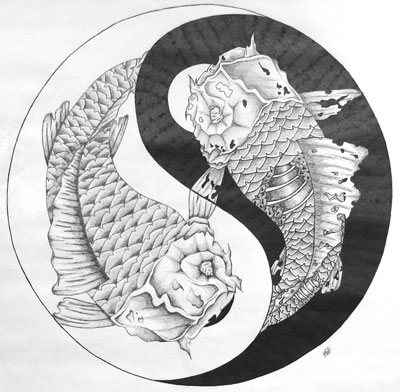All Nonfiction
- Bullying
- Books
- Academic
- Author Interviews
- Celebrity interviews
- College Articles
- College Essays
- Educator of the Year
- Heroes
- Interviews
- Memoir
- Personal Experience
- Sports
- Travel & Culture
All Opinions
- Bullying
- Current Events / Politics
- Discrimination
- Drugs / Alcohol / Smoking
- Entertainment / Celebrities
- Environment
- Love / Relationships
- Movies / Music / TV
- Pop Culture / Trends
- School / College
- Social Issues / Civics
- Spirituality / Religion
- Sports / Hobbies
All Hot Topics
- Bullying
- Community Service
- Environment
- Health
- Letters to the Editor
- Pride & Prejudice
- What Matters
- Back
Summer Guide
- Program Links
- Program Reviews
- Back
College Guide
- College Links
- College Reviews
- College Essays
- College Articles
- Back
Feedback on "I'm Just a Person"
I consider myself to be a science person, but in school I also decided to delve into creative writing as a major area of study. Does that necessarily mean that I'm either totally clueless about cell theory and the respiratory system, or completely lost when it comes to putting pen on paper? No, it doesn't, and that is precisely what "I'm Just a Person" by Lauren Hinkley argues. Lauren discusses how we human beings tend to label ourselves too much, and that in turn greatly limits ourselves and our potential regarding education.
Lauren expresses her dislike of how others expect you to master just one subject in school, and then only see you as "that" person. She says that there are the "math and science people, English and history/social studies people, and those that classify lunch as a subject." Lauren feels that this categorization made her lose interest in classes people didn't expect her to be good at, and I've experienced similar situations. I love science but I also enjoy English and social studies--why should I only be viewed as a "science person?" Why should I, and so many others, have to like just one subject?
Lauren does admit that "there is some truth in labels"--but she's urging readers to not define themselves based on them. "I am not going to try and actively resist these labels, but I won't follow suit either. I am going to do what makes me happy, not attempt to fit into someone's preconceived notion of what I should be." This message is more important than ever in the age of social media when impressionable young adults struggle to find their identity.

Similar Articles
JOIN THE DISCUSSION
This article has 0 comments.
